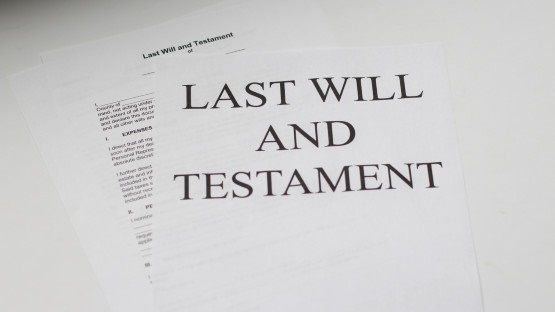Mixed reaction to Supreme Court ruling on success fees in inheritance disputes

Last month’s Supreme Court ruling on success fees in inheritance disputes is “a shame for those interested in funding litigation creatively”, it has been claimed.
The decision in Hirachand v Hirachand excited a lot of comment after the court overturned the Court of Appeal and held that the success fee element of a conditional fee agreement (CFA) cannot be recovered as part of an award under the Inheritance (Provision for Family and Dependants) Act 1975.
Tamasin Perkins, a partner at City firm Charles Russell Speechlys, noted that, in the Hirachand estate, like many contested estate claims, there was not enough money to go round to meet everyone’s needs.
“The decision is likely to affect what types of claims contentious probate practitioners advise their clients to bring in these situations,” she said. “It will also affect strategy and bargaining positions in relation to 1975 Act claims, the odds of which are already stacked in the favour of the claimant.
“The previous imbalance was exacerbated by the Court of Appeal decision in Hirachand so that claimants with solicitors acting under a CFA could litigate feeling buoyed by confidence in the outcome, meaning that they either negotiated particularly favourable settlements or they made demands that were so unreasonable litigation became difficult to settle. This may change again following the Supreme Court judgment.”
But she described the decision as “a shame for those interested in funding litigation creatively” as it could lead to firms setting success fees at lower percentages – fewer 100% success fees and more 10% ones – “with the clients having to meet this extra element from maintenance received”.
Natasha Holme, an associate at London firm Mishcon de Reya, predicted that the ruling could lead to fewer trials of such claims pursued under a CFA, “due to the risk of achieving a hollow success – should they win, the claimant’s award may be entirely consumed by the success fee for their legal costs”.
Her colleague Bethan Byrne, Of Counsel at Mishcon de Reya, said that “whilst arguably not a surprising decision”, the Supreme Court’s judgment provided “much-needed clarity on the treatment of success fees in 1975 Act claims”.
She added: “This decision will undoubtedly influence how future claims under the 1975 Act are structured and the careful consideration parties will need to give to how their claims are funded from the outset.”
Alistair Spencer, inheritance disputes legal director at Lime Solicitors, said the ruling represented “a significant shift in the landscape of inheritance claims”.
He continued: “Critics of the Court of Appeal’s decision argued that claimants under the Act should not receive special treatment compared to other practice areas, and the Supreme Court’s decision reinforces this stance…
“It is important to note that even under the original decision, only a portion of the success fee was recoverable, leaving a shortfall to be covered from the awarded sums. The Supreme Court’s decision in for the foreseeable future brings clarity and consistency to the application of success fees in inheritance claims.
“Perhaps the government should consider changing the rules for these claims to ensure that the sums awarded to claimants are spent on their maintenance and not on success fees for lawyers.”
For Paula Myers,national head of will, trust and estate disputes at national firm Irwin Mitchell, upholding the Court of Appeal ruling could have made it easier for those with limited financial resources to bring a claim and led to estates facing a higher volume and value of claims, leaving less left over for other beneficiaries.
“However, by making it clear that the success fee is not recoverable, it is hoped we will see a reduction in speculative claims.”
Maya Elci, an associate at London firm Anthony Gold, suggested that the ruling could result in “inflated claims and limit the claimants’ ability to make compromises when negotiating a settlement”.
